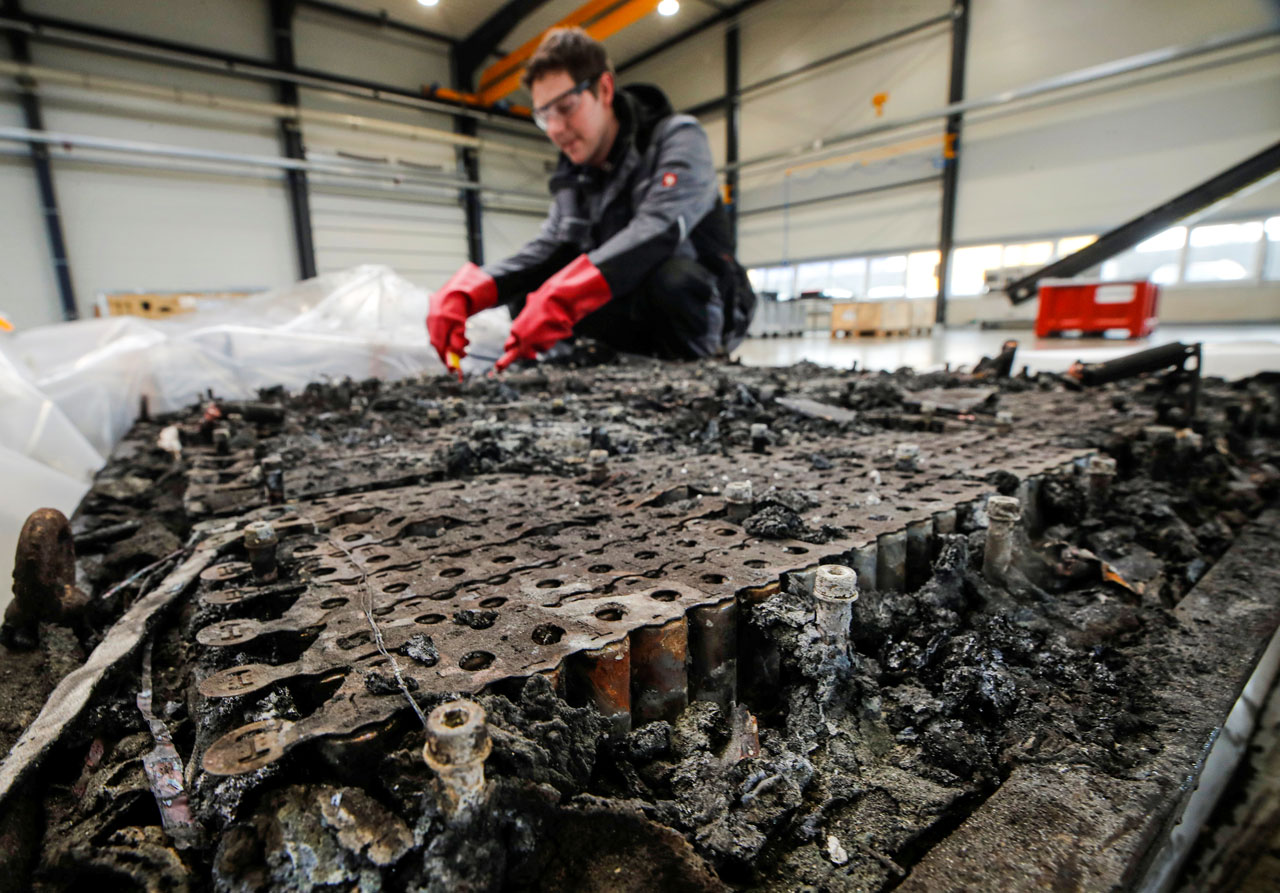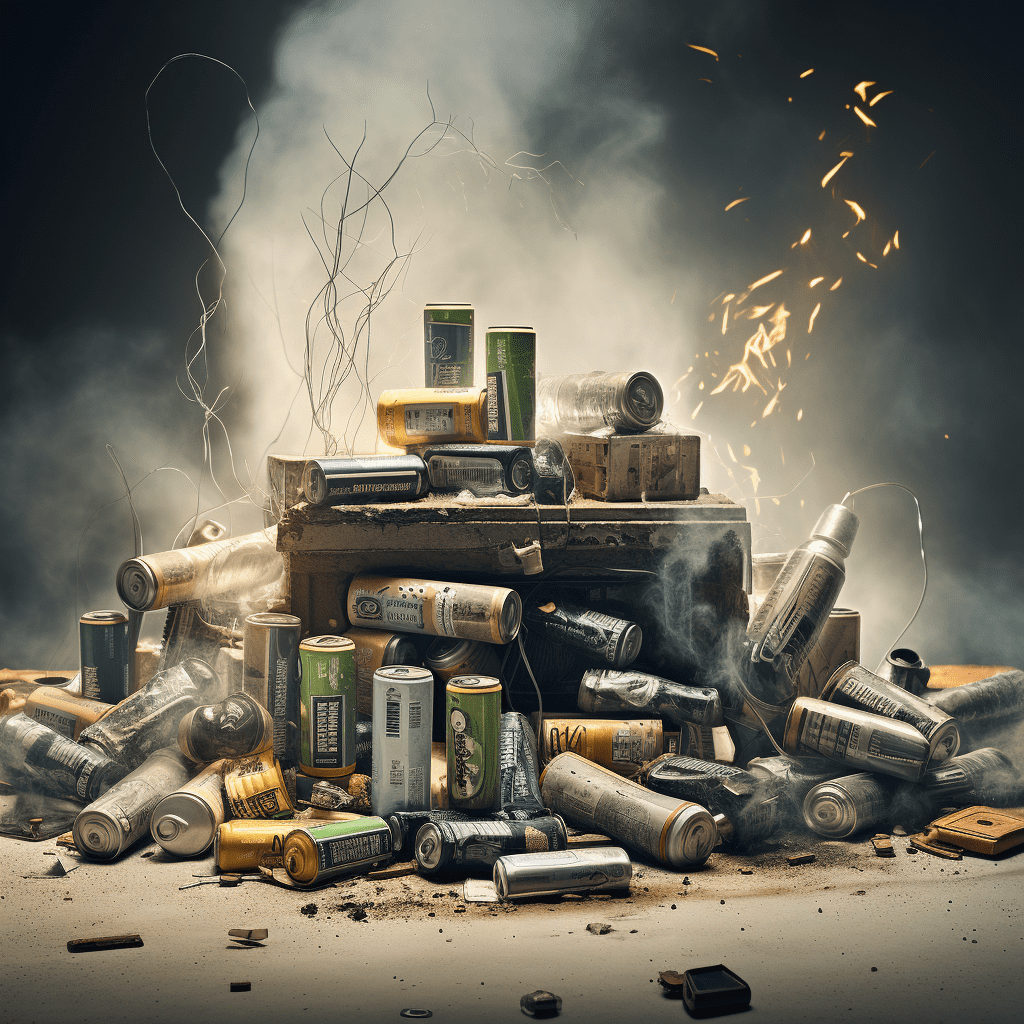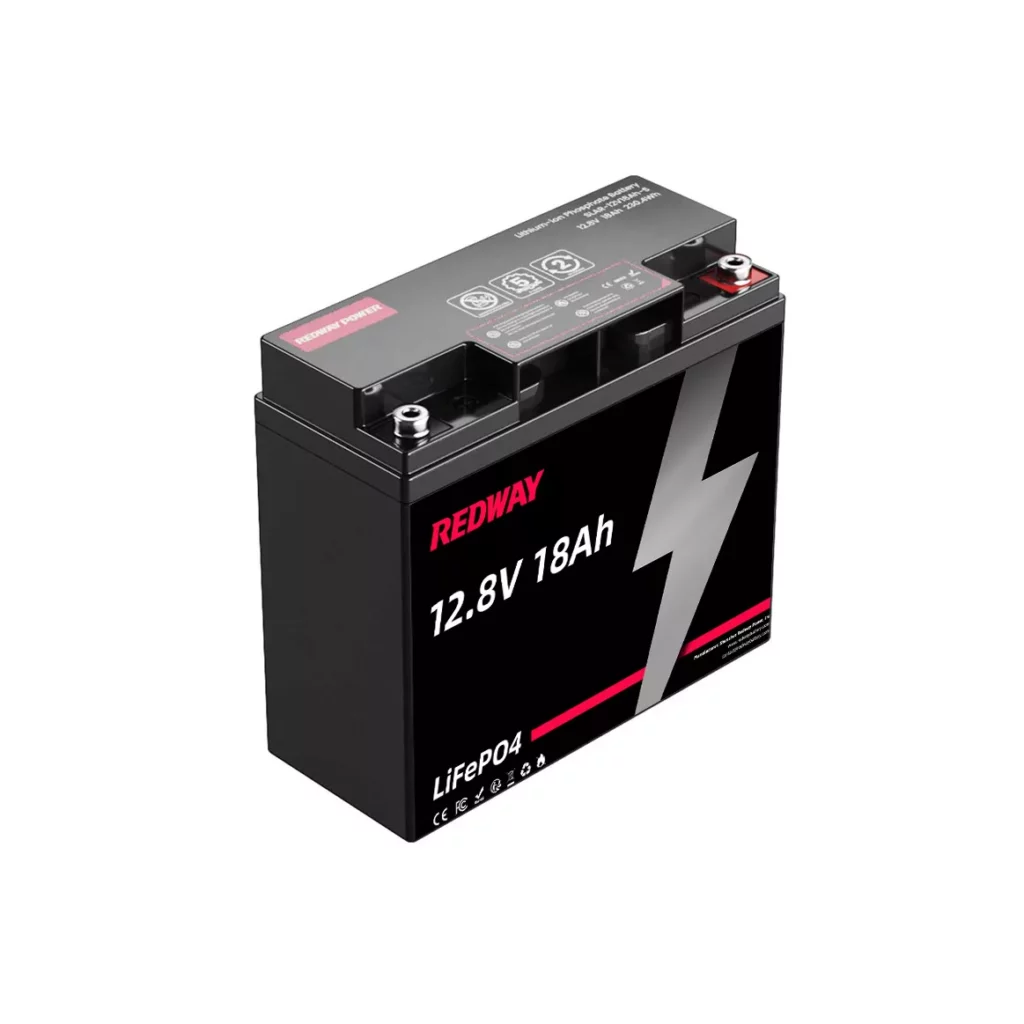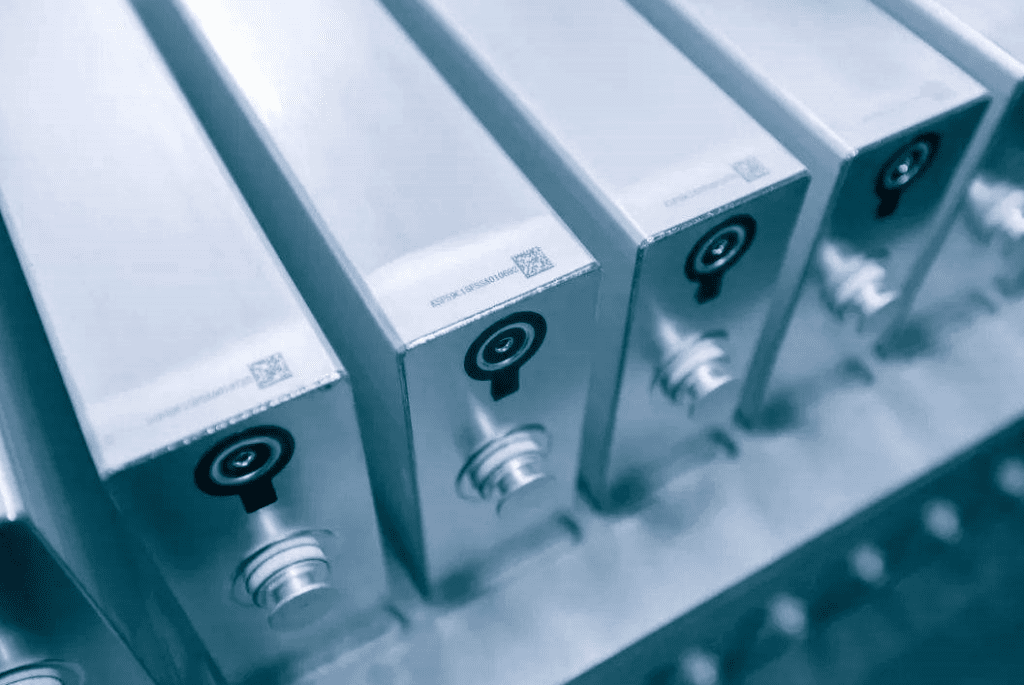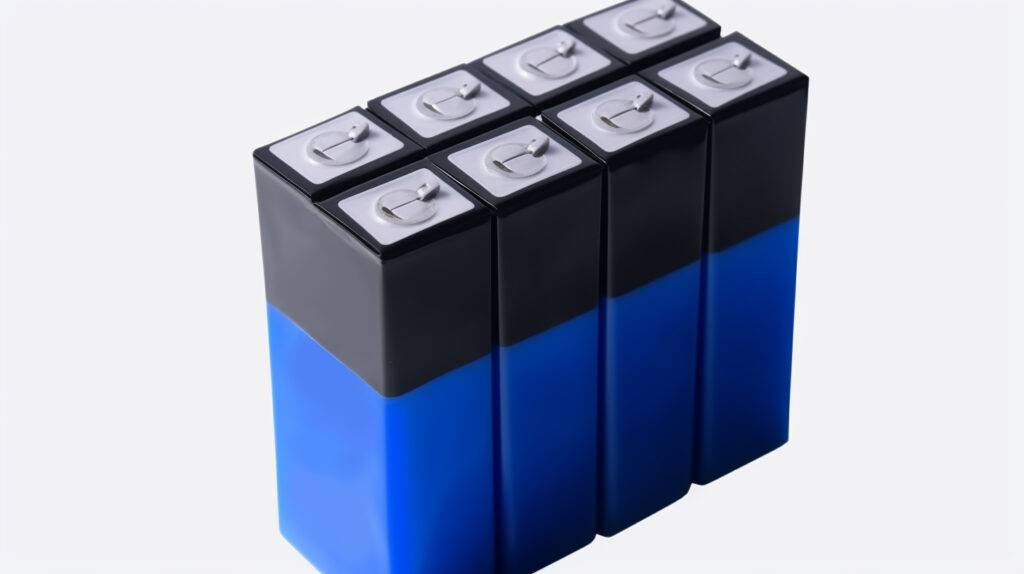To recycle batteries, take them to specialized recyclers, retailers with takeback services, or inquire with local waste programs. Use Earth 911 or Call2Recycle to find recyclers nearby. Lithium batteries are popular for being lightweight, having high energy density, and being rechargeable.
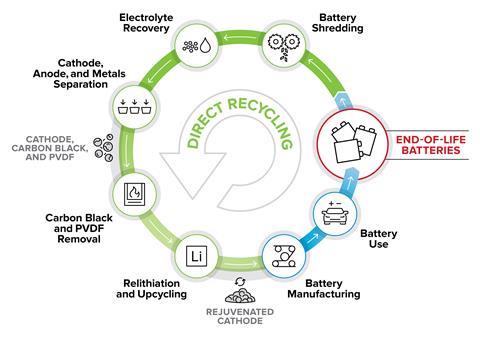
Lithium batteries are becoming increasingly popular
Lithium batteries are commonly used in various devices like cell phones, laptops, and electric vehicles. They are known for being safer for the environment, lasting longer, and providing more power. However, they can be expensive and carry a risk of explosion. Unlike other batteries, they don’t suffer from the “memory effect” and have become more affordable over time. Despite their benefits, it’s important to consider their higher cost and proper disposal. Recycling lithium batteries is a complex and energy-intensive process. As their demand increases, there is a growing need for improved recycling methods to address environmental concerns.
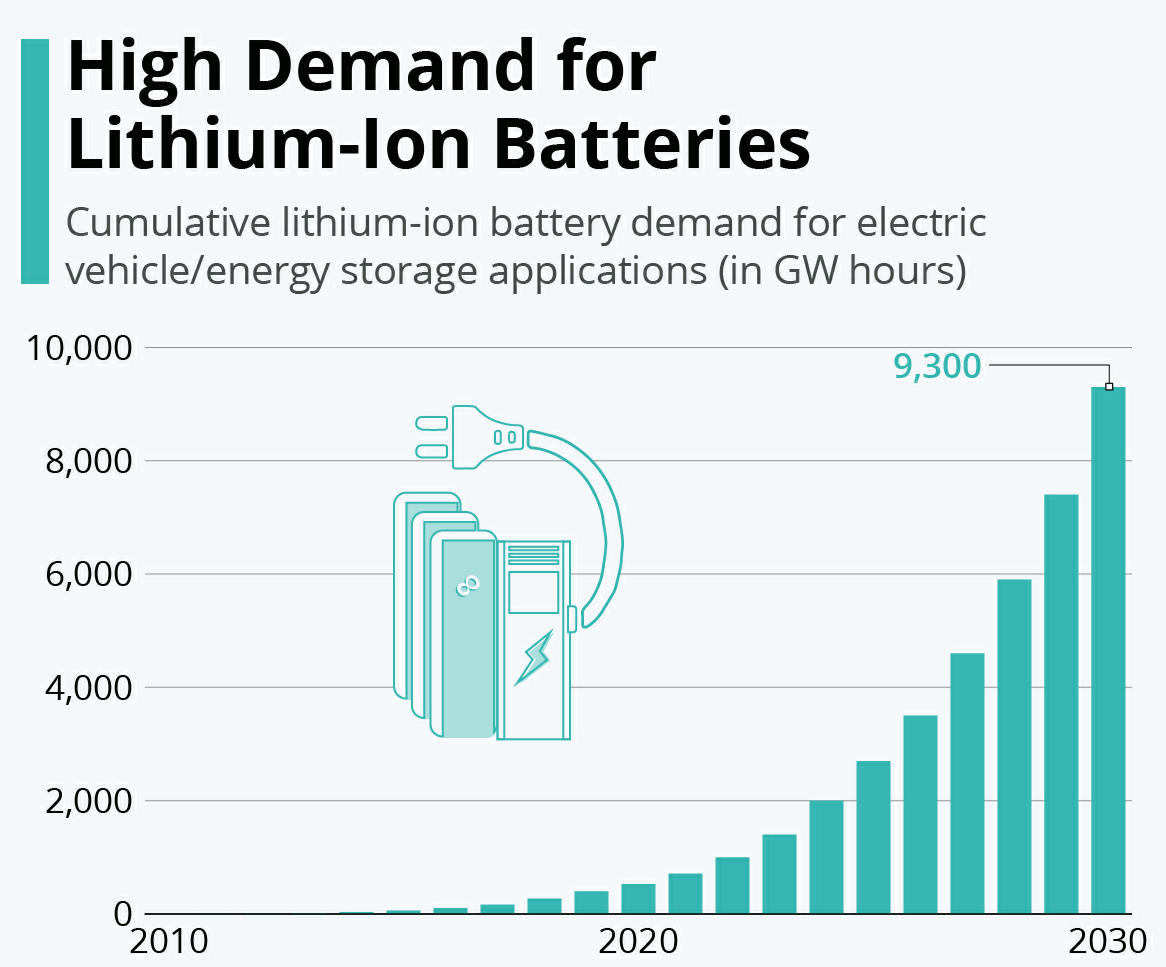
How do you safely dispose of lithium batteries?
Do not throw away lithium-ion (Li-ion) batteries or devices with these batteries in regular garbage or recycling bins. They can start fires when they are moved or at landfills and recyclers. You should bring Li-ion batteries to different recycling or household hazardous waste drop-off points.
Heavy metals and hazardous compounds included in lithium batteries contaminate soil and water. They can potentially start fires if not properly stored or disposed of. That is why it is critical to understand how to safely dispose of lithium batteries. Because lithium batteries contain toxic substances, they must be disposed of with extreme caution. Lithium batteries can be disposed of in four ways: recycling, incineration, landfill, and good deep injection. The most frequent way to dispose of lithium batteries is through recycling. The batteries are disassembled and the valuable metals removed using this procedure.
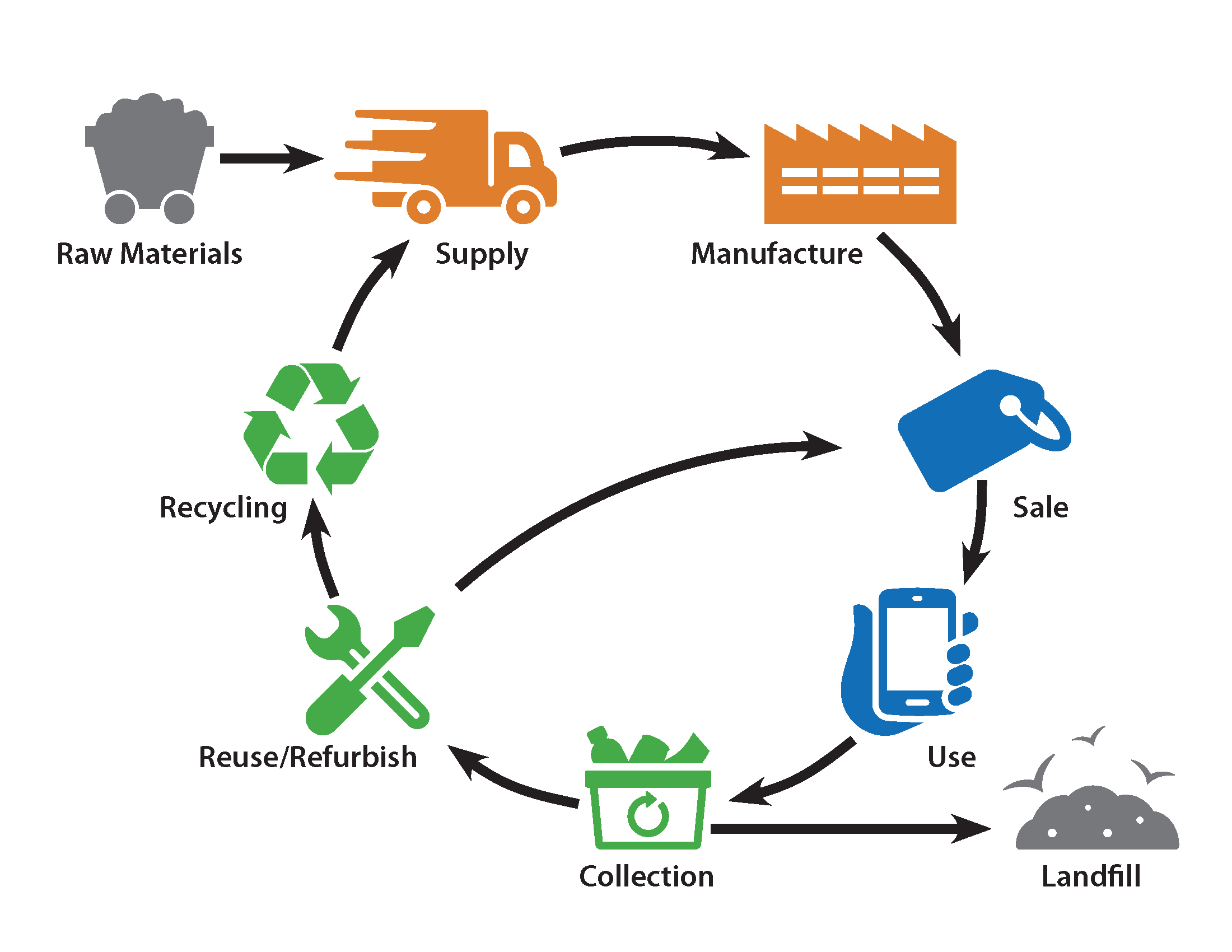
Lithium batteries can be disposed of through different methods. Incineration involves burning the batteries at high temperatures and purifying the resulting fumes before release. Landfills bury the batteries and treat the accompanying leachate before discharge. Deep well injection is a controversial method where the batteries are permanently stored in deep wells. When disposing of lithium batteries, it is important to follow proper procedures to protect yourself and the environment.
Can lithium batteries be recycled completely?
Lithium batteries are popular rechargeable batteries with high energy density. They can be recycled due to their recyclable nature, although the recycling process is time-consuming and costly. While they are more environmentally friendly than other batteries, their production generates hazardous waste. However, with the right facilities and technologies, lithium batteries can be fully recycled.
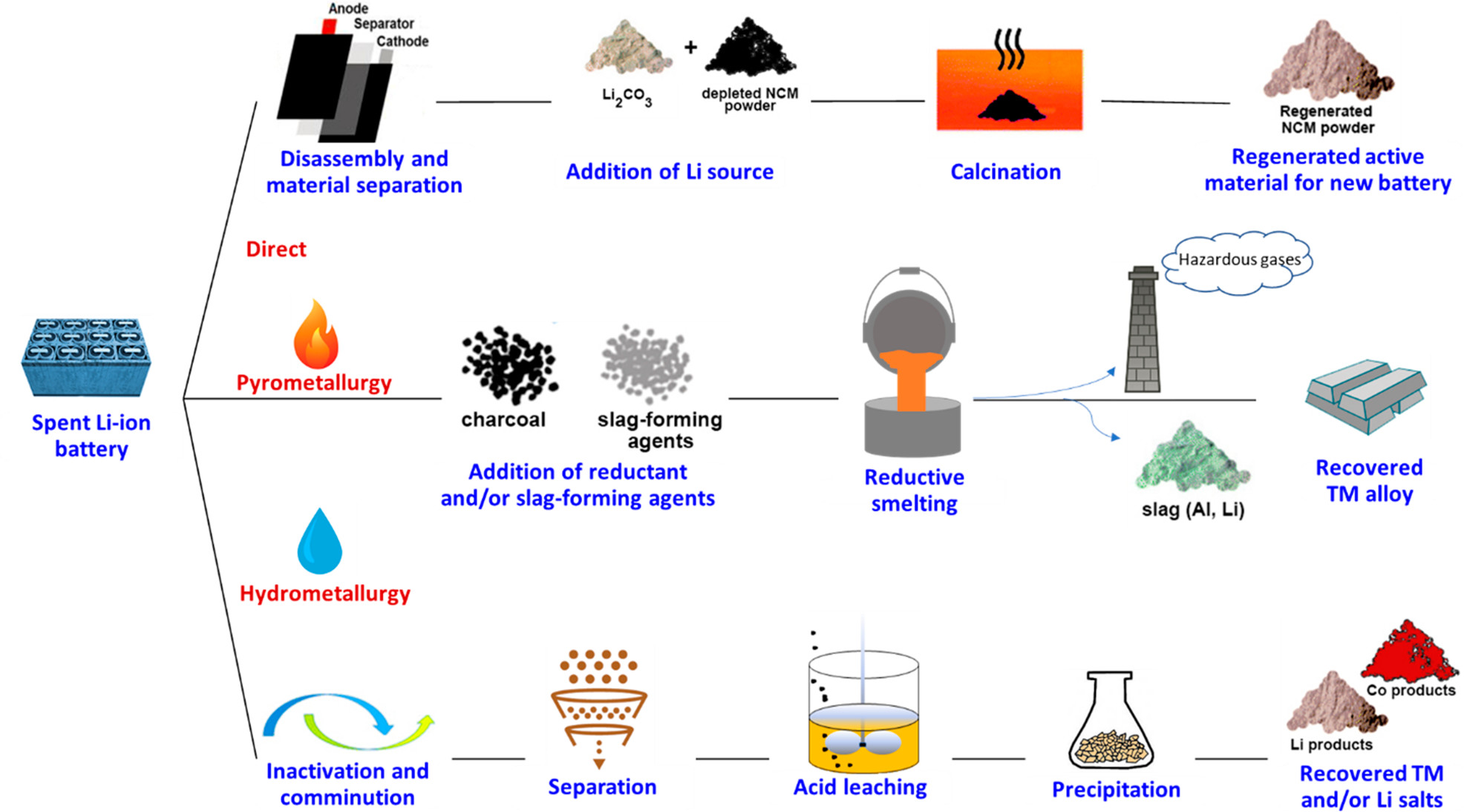
The collection of old or damaged batteries is the first step in the lithium battery recycling process. The recycling procedure can begin after the batteries have been collected. The most prevalent methods for recycling lithium batteries are thermal breakdown, pyrometallurgical processing, and hydrometallurgical processing. Lithium battery recycling is a key procedure that must be carried out carefully to protect the environment and the personnel involved.
Lithium batteries produce hazardous waste like lithium cobalt oxide and lithium manganese oxide, which can harm the environment and pose health risks. Recycling lithium batteries is complex and expensive, but crucial for their complete reuse. It involves separating materials and using them to manufacture new batteries. This process ensures the sustainability of lithium battery production.
What happens to lithium-ion batteries when they end up in landfills?
